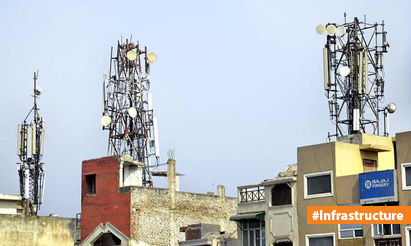Maintenance against property in the gift deed: Supreme Court
Recently, the Supreme Court of India issued an important decision that might have profound effects on the nation’s property laws. The court has determined that a gift deed’s provision for property upkeep may be enforceable against the beneficiary. This implies that if a gift deed specifies that the receiver is responsible for property maintenance, they can be held liable for doing so.
A gift deed is a legal instrument that gives someone else ownership of a piece of property without paying for it. Although it is frequently used by family members to transfer property, it is also applicable in other situations. Gift deeds are irrevocable once signed and have legal force.
In response to a situation in which property had been transferred to a family member, the Supreme Court recently announced a decision regarding the mention of maintenance against property in a gift deed. The receiver was required to preserve the property according to the terms of the gift deed, but after some time, it slipped into ruin. The family of the original owner brought a lawsuit to reclaim the property, alleging that the receiver had neglected their duty to care for it.
The Supreme Court found in the original owner’s family’s favor, holding that the gift deed’s reference to upkeep was legally obligatory. This implies that even though there is no monetary exchange involved in the transfer of ownership, the beneficiary of a gift deed may still be liable for the upkeep of the property.
The decision has several significant ramifications for Indian property law. First of all, it emphasizes how crucial it is to properly design gift deeds with all relevant provisions and requirements. A gift deed that has been badly written or that is lacking important terms may later result in disputes and court cases.
Second, the decision offers a framework for holding beneficiaries of gift deeds responsible for their duties. It is possible to hold the receiver legally liable for upkeep obligations if a gift deed specifies that they must. So that they are adequately cared for and preserved for future generations, this can help prevent the deterioration of properties that are given to family members or other people.
Finally, the decision affirms gift deeds’ legitimacy as a method of transferring property ownership in India. The Supreme Court’s decision guarantees that gift deeds, which are a common practice for families to transfer property without payment in exchange, will always be a valid means of doing so.
In conclusion, the recent Supreme Court decision on the inclusion of a maintenance clause in a gift deed has significant ramifications for Indian property law. The decision emphasizes the significance of thoughtfully drafting gift deeds, offers a framework for keeping gift deed recipients responsible for their commitments, and upholds the legitimacy of gift deeds as a method of transferring property ownership. The legal ramifications of gift deeds must now be understood by property owners and beneficiaries, and care must be taken to ensure that they are correctly structured to prevent future legal issues.
Disclaimer: The views expressed above are for informational purposes only based on industry reports and related news stories. PropertyPistol does not guarantee the accuracy, completeness, or reliability of the information and shall not be held responsible for any action taken based on the published information.




